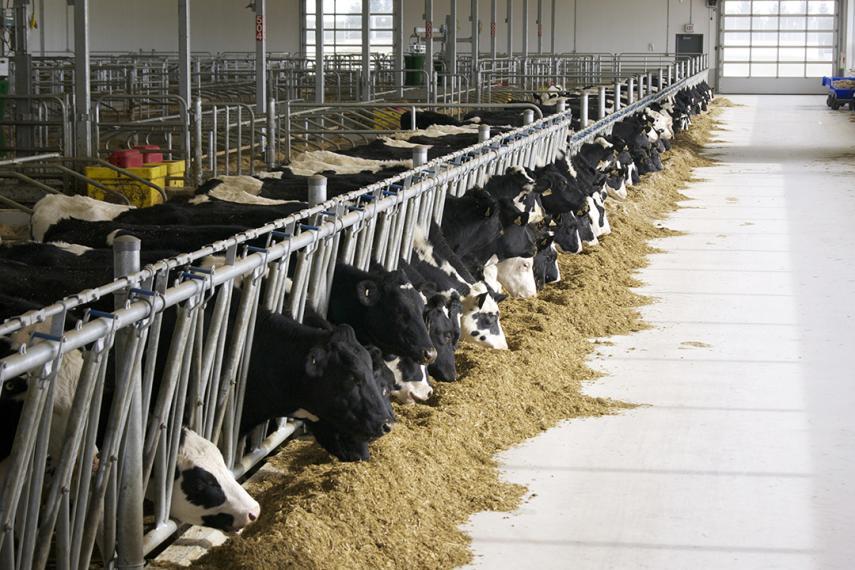Two researchers with Alliance connections receive Research Excellence Awards
The award celebrates early-career researchers at U of G.
Dr. Ali Dehghantanha, School of Computer Sciences in the College of Engineering and Physical Sciences, holds the Tier 2 Canada Research Chair in Cybersecurity and Threat Intelligence. His recent paper reviewed weaknesses and potential cyber-attack strategies and tactics in the agricultural sector.
